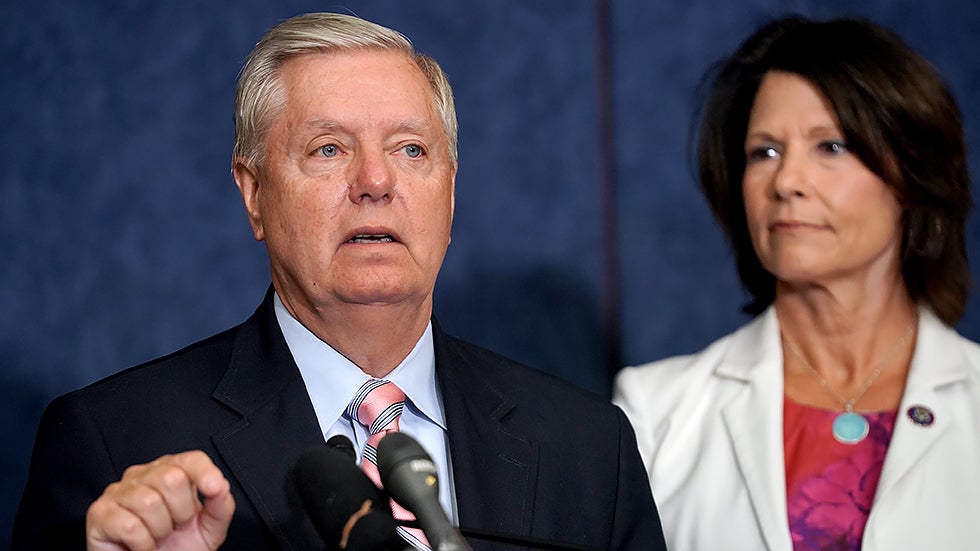After a few busy and hopeful months, restaurants still digging out of pandemic debt now fear they could be done in by the fast-spreading Delta variant of the coronavirus.
“The last few months have been very promising, after a year and a half of going into the red,” Ivy Mix, co-owner of Leyenda, a cocktail bar and restaurant in Brooklyn, New York, told CBS MoneyWatch. “Now it’s, ‘Oh god, is this going to be it?’ again.”
As cases of COVID-19 reignite across the country, retailers and state and local governments are back to encouraging or requiring people to wear masks inside public places, with the cautionary moves signaling potentially bigger trouble ahead for restaurants and bars.
The variant is a potentially lethal blow to restaurants already facing higher food costs, labor shortages and “sitting on 17 months of debt from closures,” Erika Polmar, executive director of the Independent Restaurant Coalition said. “We are in a world of hurt.”
About 90,000 restaurants and bars have shut down during the pandemic, according to National Restaurant Association, which along with the IRC is lobbying for renewed government aid. The Restaurant Revitalization Fund distributed $28.6 billion among 101,004 eating establishments before running out of funds by the end of June. More than 278,000 applied for the grants, which averaged $272,000, according to the U.S. Small Business Administration.
Delta curtailing business
At some eateries, customer fear of the virulent Delta strain of coronavirus is already curtailing traffic.
“Last night was one of the worst nights we’ve had in months, and it was a beautiful night,” Mix said on Friday, after reports emerged from the U.S. Centers for Disease Control about the severity of the Delta variant wave rippling across the country. She estimated sales were down at least 40% from a typical Thursday night.
“It’s worrying — if that’s forever, if that’s my next year,” added Mix, whose business had been making a slow return to near normal after shutting down entirely for three months last year.
In calls among her peers who own other restaurant and bars in New York and across the country, nearly all are reporting their numbers to be way down, Mix relayed. “People are not interested in eating and drinking inside.”
The renewed hesitancy can be seen in online-reservation data from OpenTable, which recorded a 48% drop in dining out in Brooklyn on Thursday versus the same day two years ago in the pre-pandemic summer of 2019. On Sunday, reservations in Brooklyn were off 33% from 2019’s number.
The recent Delta variant outbreak following July 4 weekend revelry in Provincetown, Massachusetts, prompted debate over whether requiring masks — and even more stringent measures like proof of vaccination — would help or hurt small businesses.
“You can’t hear about outbreak in Provincetown and expect people wanting to come here as tourists,” said Mike Potenza, marketing manager at the Lobster Pot in Provincetown. News of the outbreak has led to a “drop-off in daily numbers” for the popular restaurant. Still, Potenza won’t leave anything up to chance. “We’re more inclined to err on the side of caution,” he said of the restaurant’s new mask requirement.
Ken Horgan, owner of the Pilgrim House, a local inn, restaurant and night club, said stricter safety measures in the wake of the latest outbreak have actually been good for business.
“Some town people were concerned implementing a mandatory mask mandate or requiring evidence of vaccination that we’re scaring away tourists. I think the opposite — I think people are wise in where they want to travel and they want to travel somewhere where safety is being taken very seriously,” Horgan said.
In Texas, finding workers is top concern
But the dining scene is an entirely different picture in pockets of the country, including in San Antonio, Texas, where finding enough workers is the biggest worry for John Russ, the owner of Clementine’s.
“Our payroll has kind of blossomed with people who we find and can just work one or two nights a week,” Russ said of his unconventional staff.
Business has been doing fine since Texas lifted its COVID-19 restrictions, according to Russ, who said he isn’t worried about another round of statewide business closures given Governor Greg Abbott’s bans on vaccine and face mask mandates.
Still, if a shutdown were to happen, Russ said he and his restaurant staff — all of whom have been vaccinated — would be fine as this time he’s better prepared.
“We know how to go back to the go-to model,” he said. “We’re ready to pull whatever trigger needs to be pulled and, this time, we won’t be surprised.”
On Thursday, online dining reservations in San Antonio were up 31% from two years ago, and Sunday marked a similar 27% rise, according to OpenTable.
Those in heavily vaccinated areas were seemingly more apt to eat in or fetch take out as new guidance emerged, according to its data.
In Florida, where a city-by-city breakdown is difficult to come by, reservations were up 36% on Sunday in Fort Lauderdale on Sunday from pre-pandemic times. About 49% of Florida’s residents are fully vaccinated.
In San Francisco, where 70% are fully vaccinated, online reservations were down 45% on Sunday from 2019.


